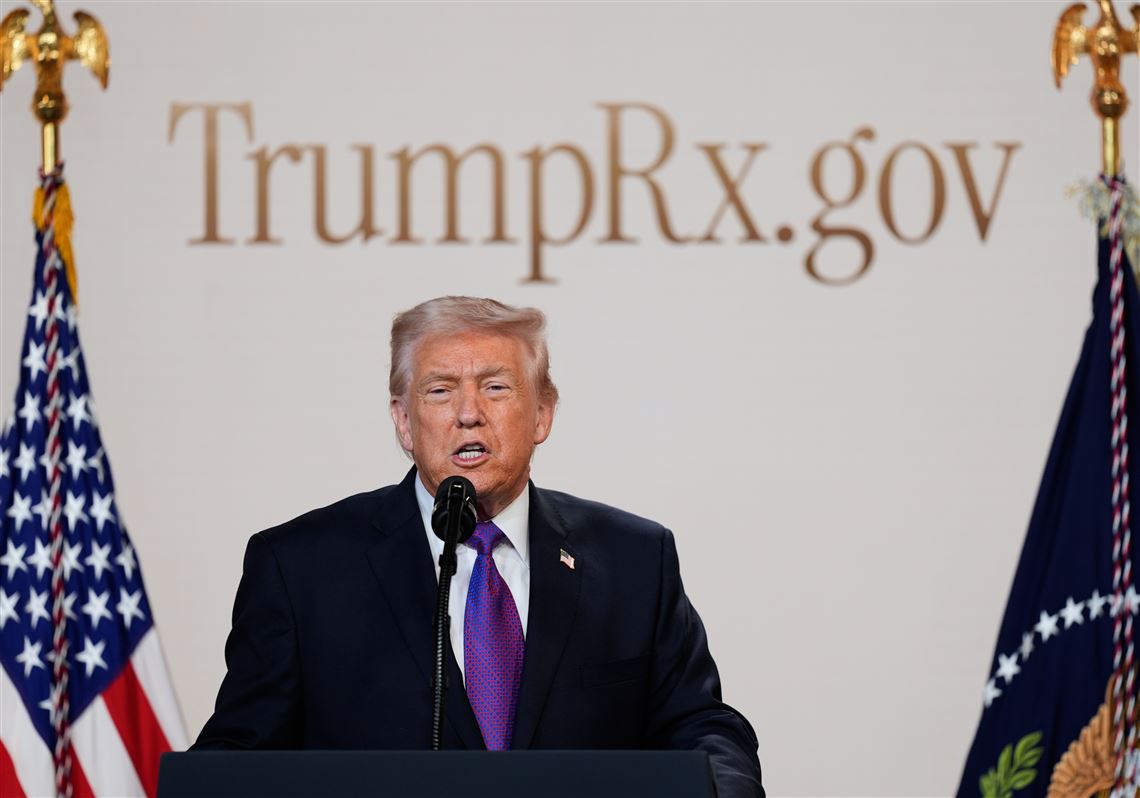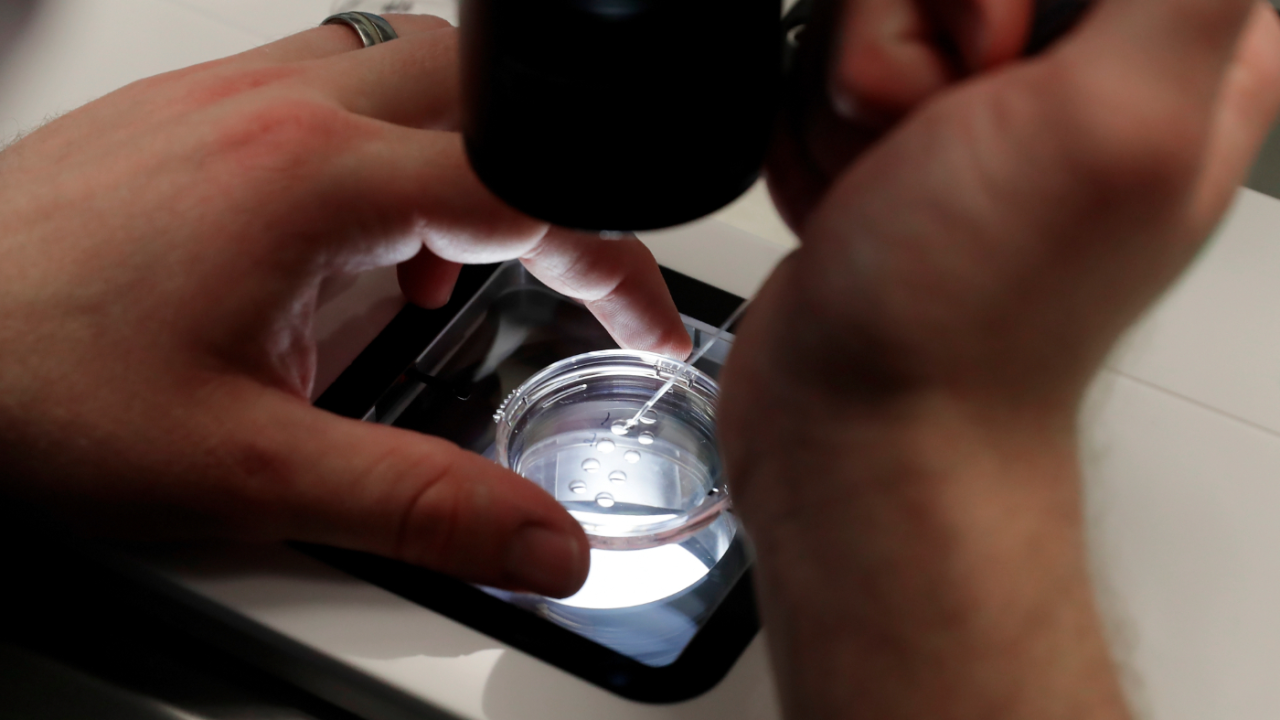Mike Rogers | The Detroit News
Former President Donald Trump is right that insurance companies should be covering in vitro fertilization (IVF). They should be doing it on their own, but if they’re not, we should correct it. There are plenty of issues that divide us, but fertility treatment should not be one of them, which is why voters enshrined the right to access IVF in Michigan’s Constitution.
I believe we all embrace the idea that building families in America is a good thing, but infertility prevents that.
As a proud father, I can tell you that there are few things more beautiful than the birth of a baby. However, there are also few things more painful than the struggle of infertility for those wishing more than anything to hold a child of their own.
Why is this particular condition usually excluded from healthcare coverage? Treatment that addresses infertility should be covered no different than any other disease. Families come first and we should show it with action, not just talk.
Yet the Wall Street Journal editorial board seems to disagree and recently called the help to build families an “entitlement” and “handout.” They couldn’t be more wrong and, with all due respect, quote some misleading numbers.
For example, they say “43% of large employers cover IVF” but fail to add that this group represents only 14% of the country’s workforce. For the rest of Americans, coverage is few and far between. The reality is that we lag behind Europe, Japan, Israel, Australia, and even Russia in meeting the need for fertility treatment.
The WSJ also says costs could “run into the tens of billions annually” while just this year an analysis by Avalere, commissioned by Americans for IVF, found that the HOPE with Fertility Services Act, which would provide IVF coverage to the majority of Americans who need it, will increase premiums by only 58 to 79 cents per month.
Importantly, U.S. fertility treatment is among the best in the world, with fewer and generally declining expensive cycles per patient.
The HOPE with Fertility Services Act has built in a religious exemption for hospitals or organizations that oppose IVF because of religious reasons, and businesses are protected by the Religious Freedom Restoration Act, which means the Little Sisters of the Poor case would never be repeated with this bill.
But what about government interference? For good or bad, fertility coverage will be just like any other healthcare expense, covered when indicated by a qualified doctor and subject to a medically informed, reasonable set of caps and restrictions.
This will cost around six or seven dollars a year per adult, the price of two cups of coffee at Starbucks.
Surely, it’s worth that amount to help those who need help to have children. Surely, taking into account the alarming birthrate decline with our replacement rate now 1.6 compared to the 2.1 needed to keep our population from falling off a cliff, it’s worth it. Surely, when treatment is more accessible in practically every other developed country, it’s worth it to provide access to this life-affirming technology for the American people.
It’s a good idea whose time has come, and we should cherish families who are looking to grow and protect and promote IVF as a trusted method to help them succeed.
Mike Rogers is a Republican candidate for U.S. Senate.






